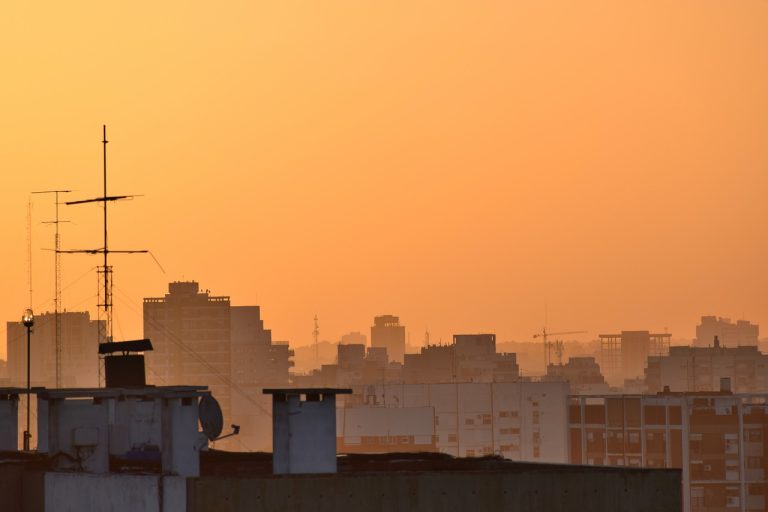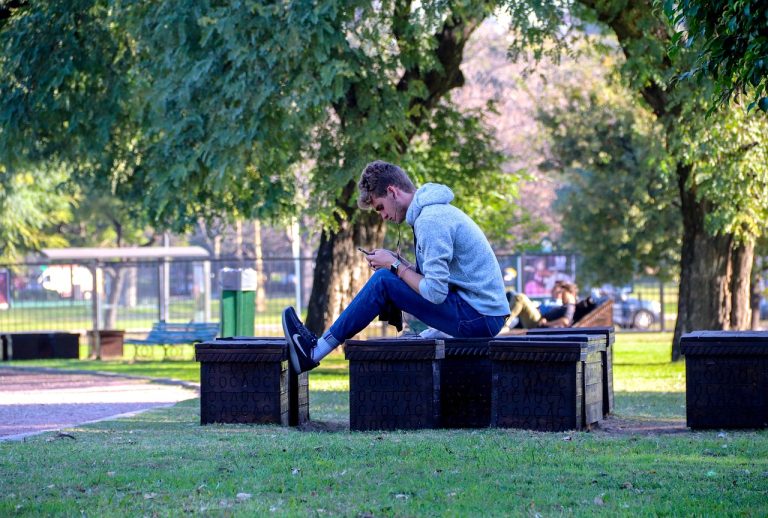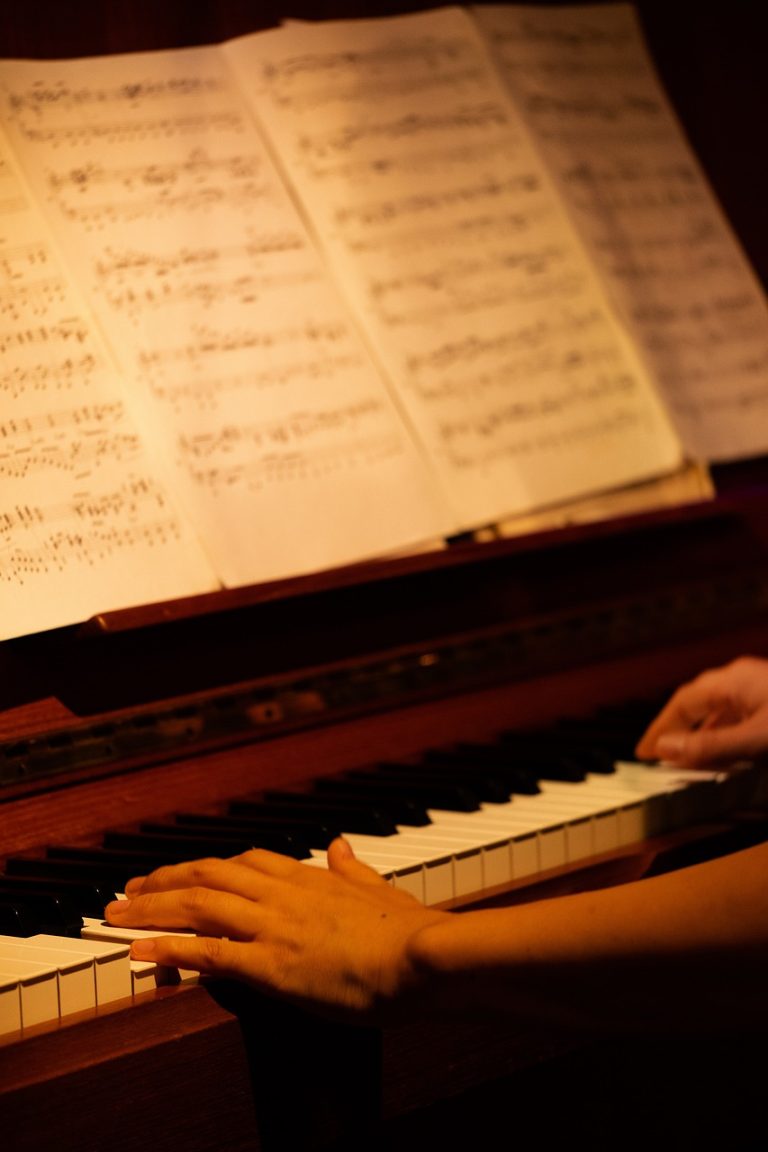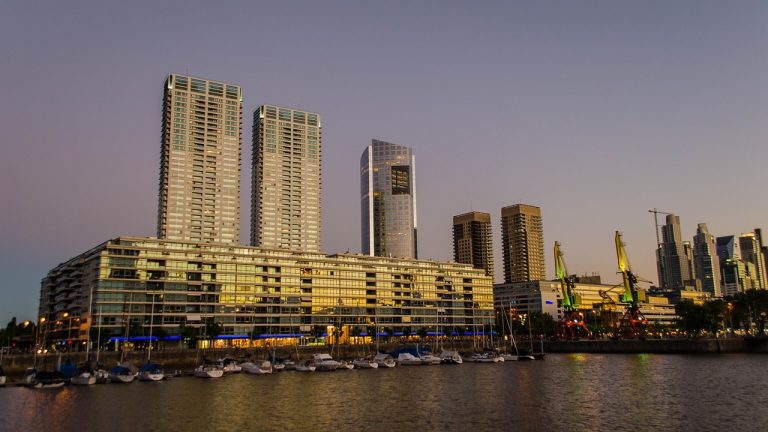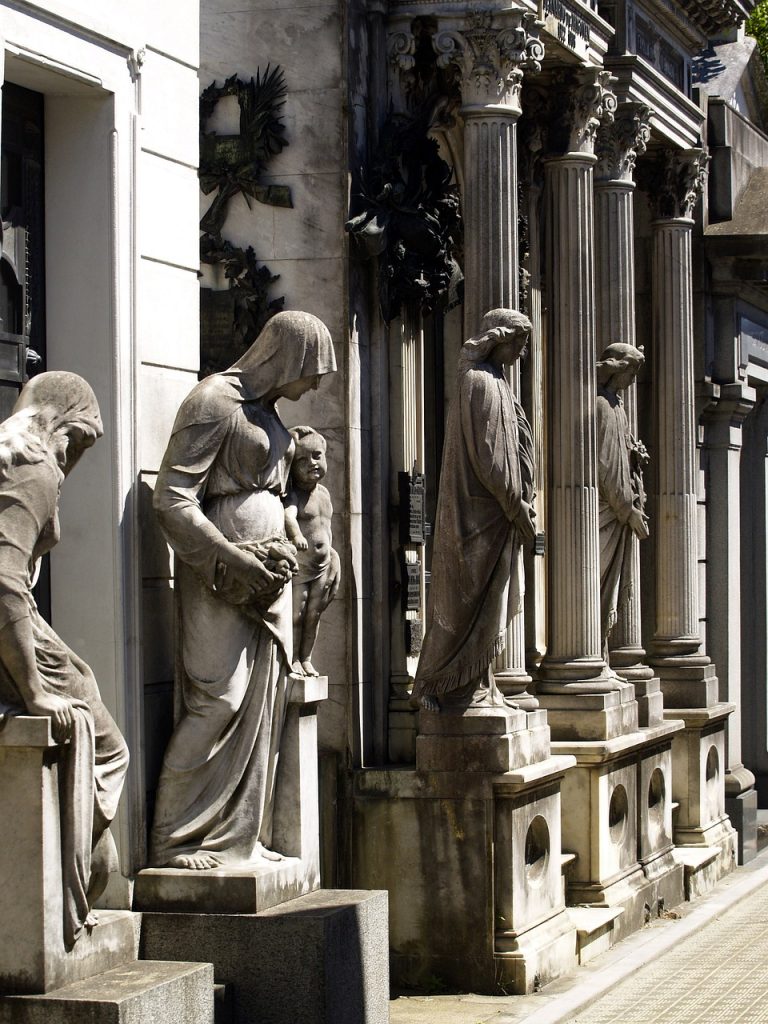Buenos Aires Argentina Video
Social and Cultural Impact of Buenos Aires Argentina
Buenos Aires, the capital city of Argentina, is a vibrant and diverse metropolis with a rich social and cultural heritage. The city’s unique blend of European and Latin American influences has shaped its social fabric and contributed to its cultural significance. From tango to soccer, Buenos Aires offers a wide range of experiences that have had a profound impact on its residents and visitors alike.
1. Tango: Tango is an iconic dance form that originated in the working-class neighborhoods of Buenos Aires in the late 19th century. It has since become a symbol of Argentine culture and is recognized worldwide. Tango music and dance clubs, known as milongas, can be found throughout the city, providing opportunities for locals and tourists to experience this passionate art form.
2. Gastronomy: Buenos Aires is a culinary hotspot, offering a diverse range of traditional and international cuisine. Argentine beef is famous around the world, and the city boasts numerous steakhouses, known as parrillas, where visitors can indulge in mouthwatering grilled meats. The city’s food scene also includes a variety of Italian, Spanish, and Middle Eastern influences, reflecting the diverse heritage of its population.
3. Soccer: Soccer, or fútbol, is an integral part of Argentine culture, and Buenos Aires is home to some of the country’s most passionate soccer clubs. Matches between teams like Boca Juniors and River Plate attract massive crowds and create an electric atmosphere in the city. The sport has a unifying effect on the local population, fostering a sense of community and shared identity.
4. Street Art: Buenos Aires is renowned for its vibrant street art scene. Colorful murals can be found on buildings throughout the city, transforming ordinary streets into open-air art galleries. The street art movement has not only beautified neighborhoods but has also given a voice to marginalized communities and served as a platform for social and political commentary.
5. Cultural Centers: Buenos Aires is home to numerous cultural centers that showcase the city’s artistic and intellectual prowess. The Teatro Colón, one of the world’s premier opera houses, hosts world-class performances, while the Centro Cultural Kirchner offers a diverse range of exhibitions, concerts, and workshops. These cultural centers play a crucial role in promoting artistic expression and fostering a sense of cultural pride.
6. Architecture: Buenos Aires boasts a mix of architectural styles, reflecting its history and cultural influences. From the elegant French-inspired buildings of Recoleta to the colorful facades of La Boca, the city’s architecture tells a story of its past. Notable landmarks include the iconic Obelisco, the neoclassical Teatro Colón, and the modern Puente de la Mujer.
7. Parks and Gardens: Buenos Aires is known for its green spaces, providing residents and visitors with ample opportunities for relaxation and recreation. The expansive Bosques de Palermo offers lakes, rose gardens, and jogging paths, while the ecological reserve of Costanera Sur provides a natural oasis in the heart of the city. These parks contribute to the city’s quality of life and promote a healthy and active lifestyle.
8. Museums and Galleries: Buenos Aires is home to a wealth of museums and galleries that showcase its rich cultural heritage. The Museo Nacional de Bellas Artes houses an extensive collection of Argentine and international art, while the Museo de Arte Latinoamericano de Buenos Aires (MALBA) focuses on contemporary Latin American art. These institutions contribute to the preservation and promotion of the city’s cultural legacy.
9. Festivals and Celebrations: Buenos Aires hosts a wide range of festivals and celebrations throughout the year, providing opportunities for locals and tourists to immerse themselves in the city’s vibrant culture. The Buenos Aires International Festival of Independent Film, the Tango Festival and World Cup, and the Carnival celebrations in February are just a few examples of the city’s lively cultural calendar.
10. Literary Heritage: Buenos Aires has a strong literary tradition and has been home to many renowned writers, such as Jorge Luis Borges and Julio Cortázar. The city’s bookstores, including the iconic El Ateneo Grand Splendid, attract book lovers from around the world. Buenos Aires has also been designated as a UNESCO City of Literature, highlighting its commitment to promoting literature and fostering a love for reading.
Buenos Aires Argentina Image 1: 
References:
- cityloco.net


